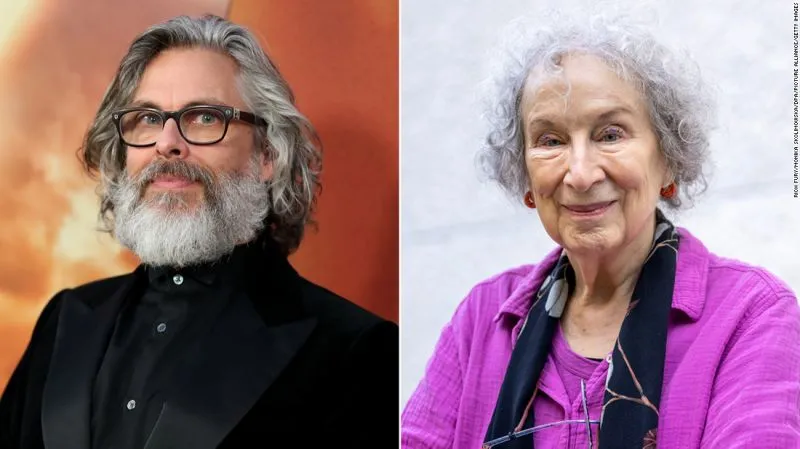Of course it is. It’s not a 1:1 comparison
no, it really isn't--it's not a 1000:1 comparison. AI generative models are advanced relational algorithms and databases. they don't work at all the way the human mind does.
but the way generative AI works and the we incorporate styles and patterns are more similar than not. Besides, if a tensorflow script more closely emulated a human’s learning process, would that matter for you? I doubt that very much.
no, the results are just designed to be familiar because they're designed by humans, for humans to be that way, and none of this has anything to do with this discussion.
Having to individually license each unit of work for a LLM would be as ridiculous as trying to run a university where you have to individually license each student reading each textbook. It would never work.
nobody is saying it should be individually-licensed. these companies can get bulk license access to entire libraries from publishers.
That’s not materially different from how anyone learns to write.
yes it is. you're just framing it in those terms because you don't understand the cognitive processes behind human learning. but if you want to make a meta comparison between the cognitive processes behind human learning and the training processes behind AI generative models, please start by citing your sources.
The difference is that a human’s ability to absorb information is finite and bounded by the constraints of our experience. If I read 100 science fiction books, I can probably write a new science fiction book in a similar style. The difference is that I can only do that a handful of times in a lifetime. A LLM can do it almost infinitely and then have that ability reused by any number of other consumers.
this is not the difference between humans and AI learning, this is the difference between human and computer lifespans.
There’s a case here that the renumeration process we have for original work doesn’t fit well into the AI training models
no, it's a case of your lack of imagination and understanding of the subject matter
and maybe Congress should remedy that
yes
but on its face I don’t think it’s feasible to just shut it all down.
nobody is suggesting that
Something of a compulsory license model, with the understanding that AI training is automatically fair use, seems more reasonable.
lmao

